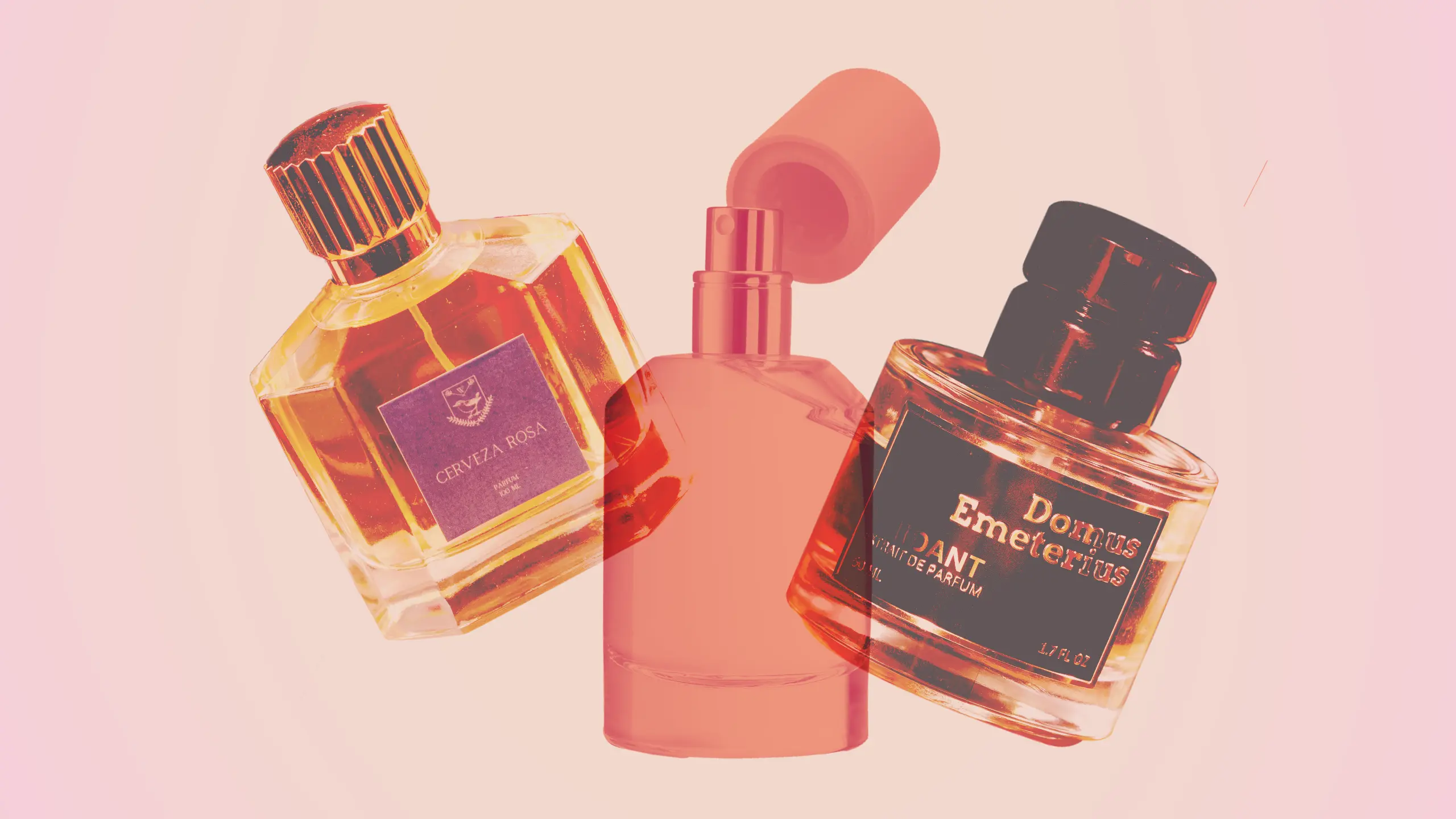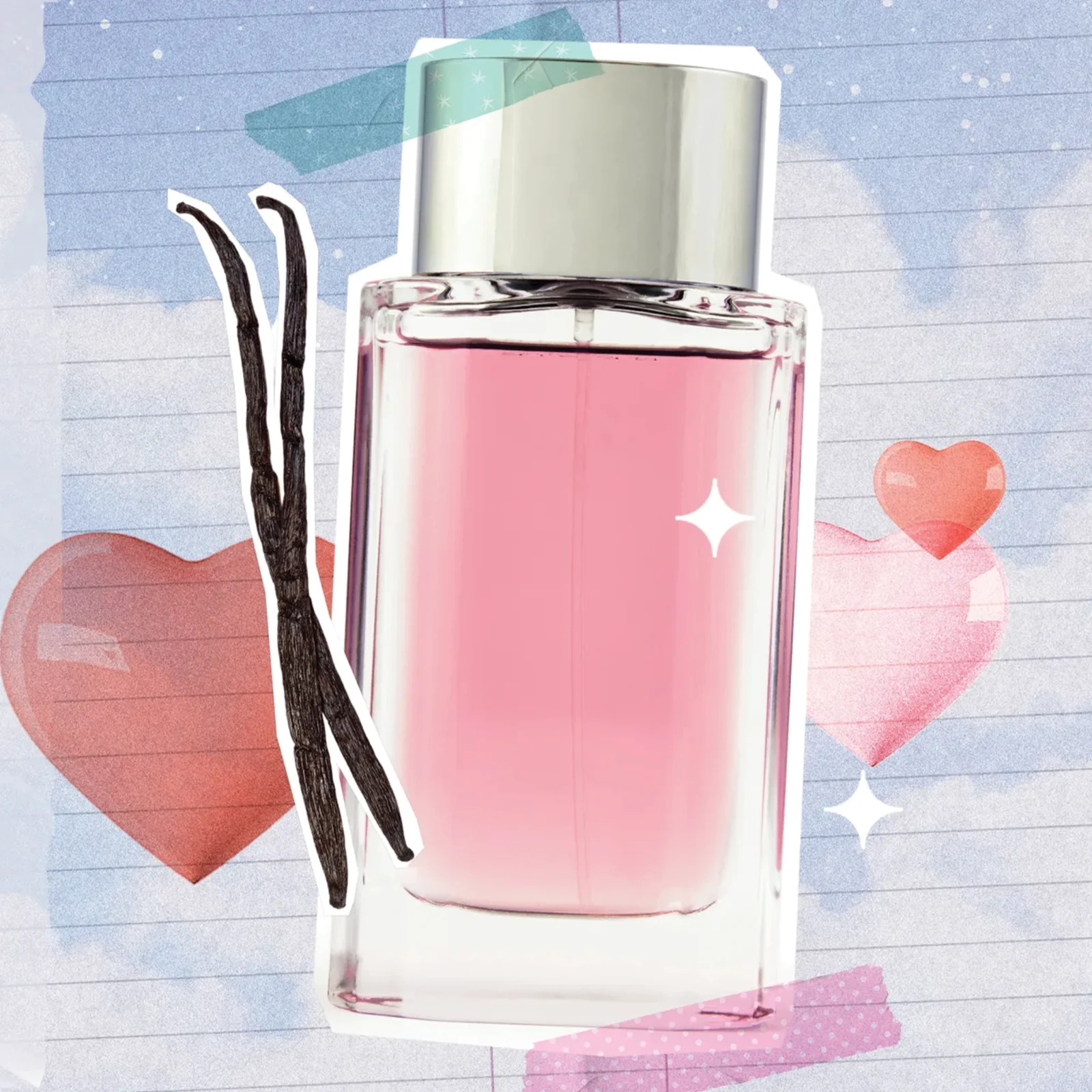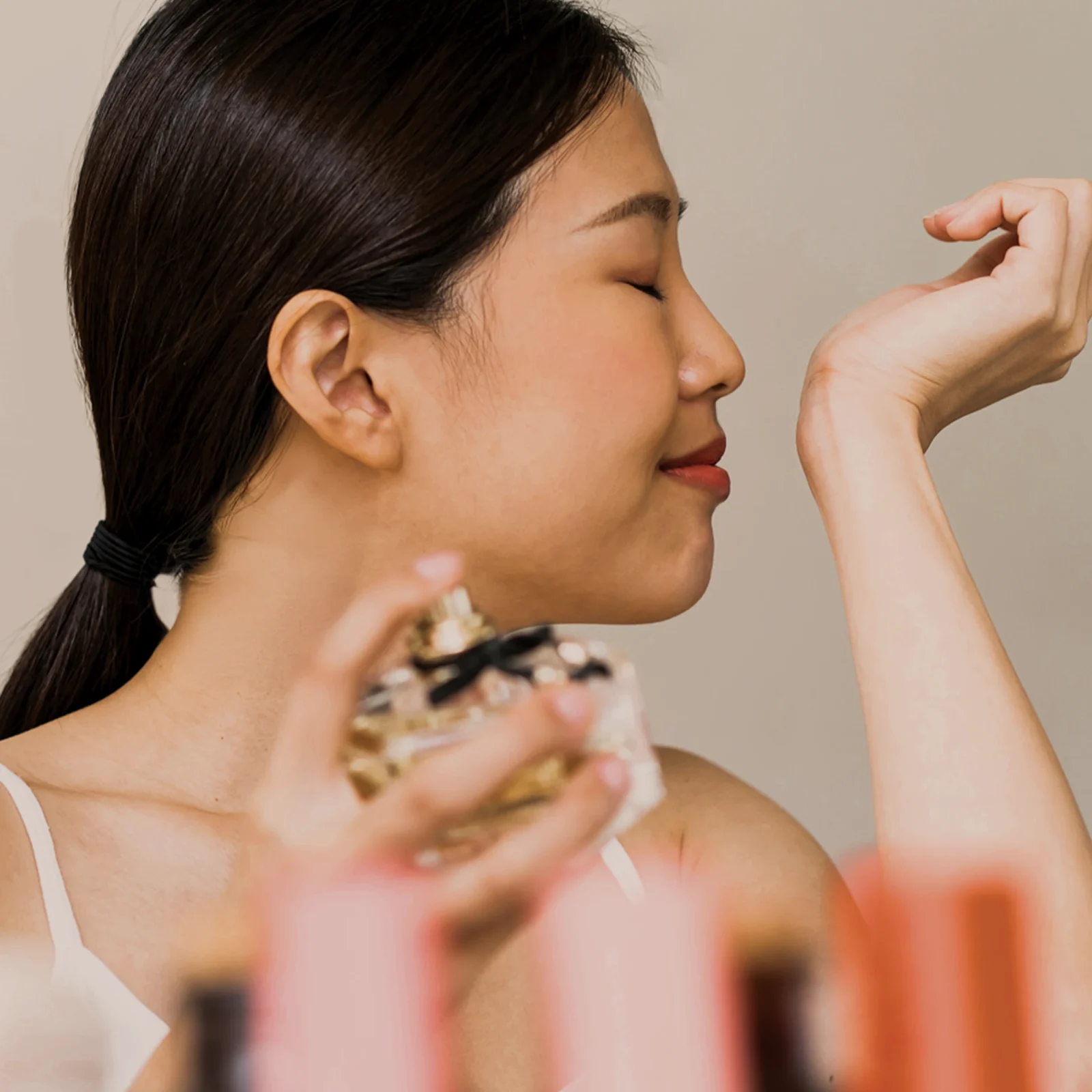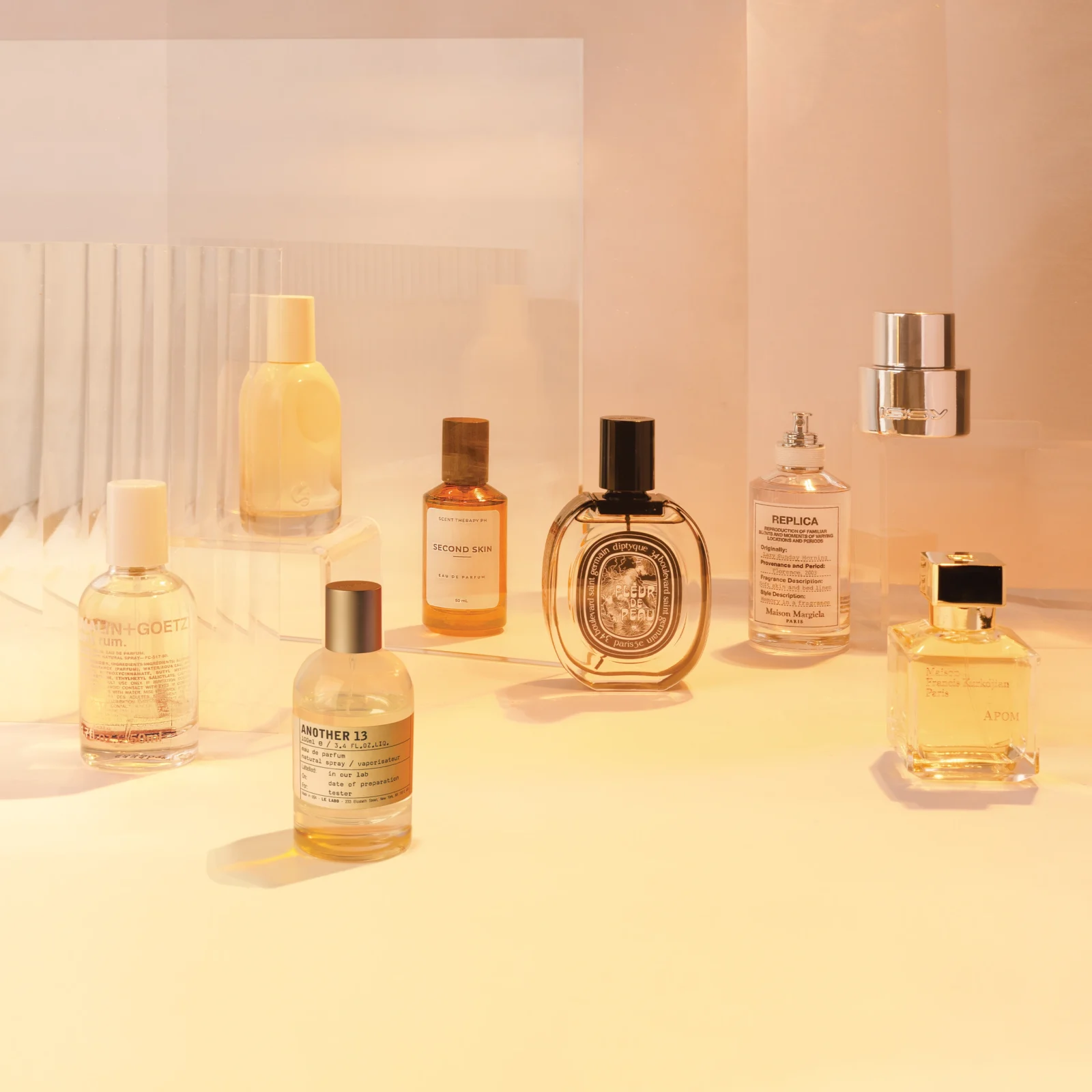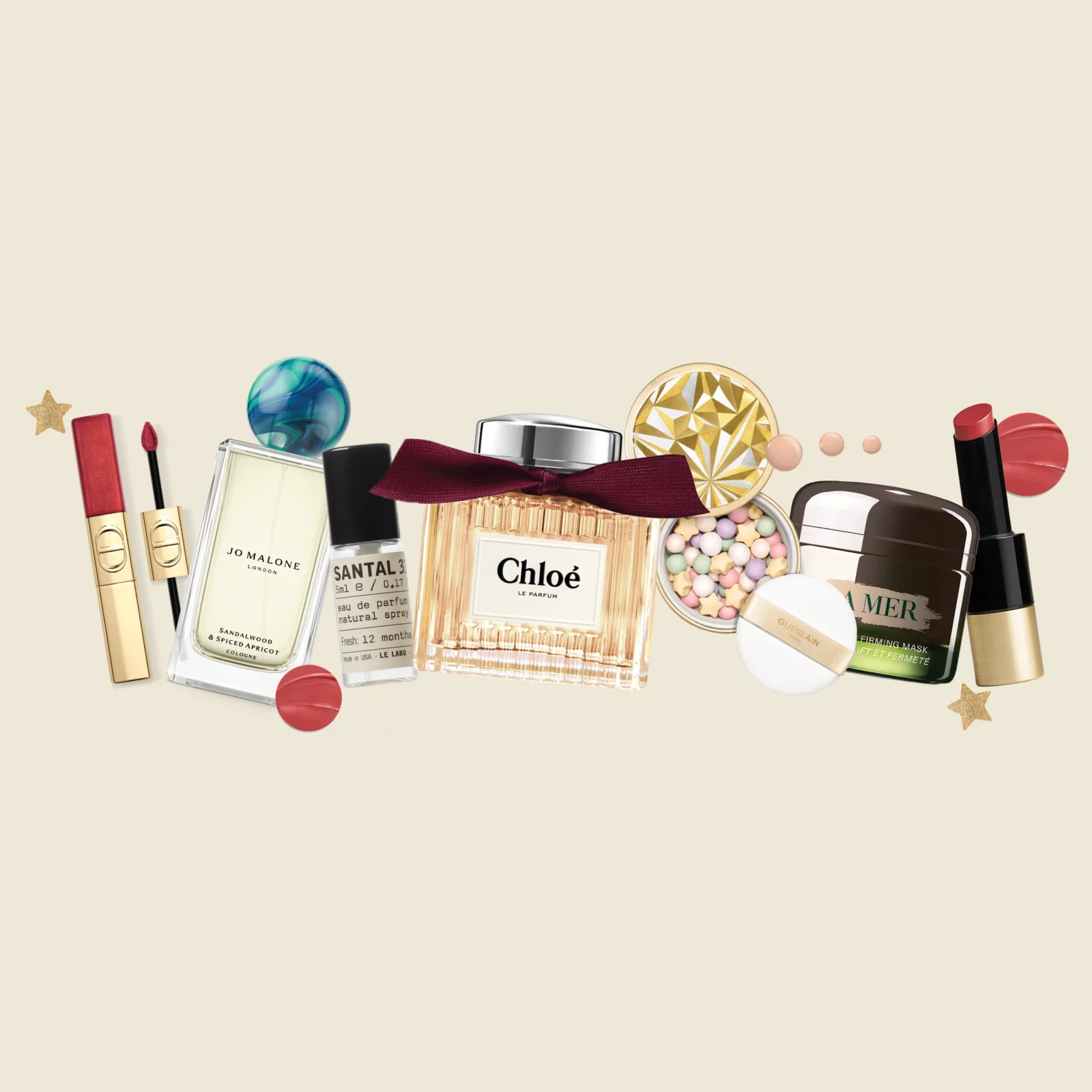Meet 3 Filipino Perfume Brands Redefining the Local Scene
Discover the art and craft of homegrown perfumery.
By Leira Aquino
Filipinos love to smell good. We’re actually obsessed with smelling good. (We are, after all, famous for taking a bath every day.) While in other countries, stepping outside with wet hair might be frowned upon, here, it’s completely normal to hop on a jeepney or train, freshly bathed, with a spritz of fresh perfume to top it off. With our humid weather, wearing fragrance isn’t just a luxury. It’s almost a necessity. So, why aren’t there more homegrown perfume brands?
The truth is, Filipino perfume brands do exist, but they aren’t as many and certainly not as widely recognized as their international counterparts. Perfume remains a go-to pasalubong from titas and titos returning from the States, Europe, or the Middle East. But when foreigners visit the Philippines, Filipino perfumes aren’t exactly the first thing they bring back home (that honor still belongs to dried mangoes). The local perfumery scene is still young—both in terms of recognition within the country and on the global stage.
Filipino perfumer Renato Lopena Jr., who trained at the Grasse Institute of Perfumery in France, believes this lack of awareness stems from the perception that local perfumes equate to being cheap. “Not everyone is willing to spend much for a local brand,” he tells Allure Philippines. “There’s still this mentality that local brands have to be cheap and of low quality.” The reality is, most people don’t understand the artistry behind perfumery. “This profession is not yet familiar to most people,” he adds. “They think we’re just selling dupes.”
But perfumery is an art, one that transcends language and can tell stories, evoke emotions, and preserve culture. And it’s not just something French perfumers or luxury houses get to enjoy. The Philippines is also home to many talented perfumers who are redefining the local scene, creating scents that are proudly Filipino. It’s about time they get the recognition they deserve.
Here are three local perfume brands you should know about.
Wren Atelier
If you’re looking for a perfume brand that captures the essence of Filipino culture, Wren Atelier is your best bet. Founded in 2020 by Lopena, this local perfume house tells Filipino stories through scent.
“Wren Atelier offers unique fragrances that each tell a story,” Lopena says. True to his words, many of the brand’s perfumes draw inspiration from Filipino traditions, places, and people.
Take Batuk, for example—a smoky gourmand fragrance with a tupig accord, inspired by the mambabatok of Buscalan, Kalinga, and the ancient art of traditional tattooing known as batok. Or Hacienderos, a scent that reflects life in the countryside, balancing fresh lemon notes with earthy barnyard accords to capture a day on a Filipino farm.
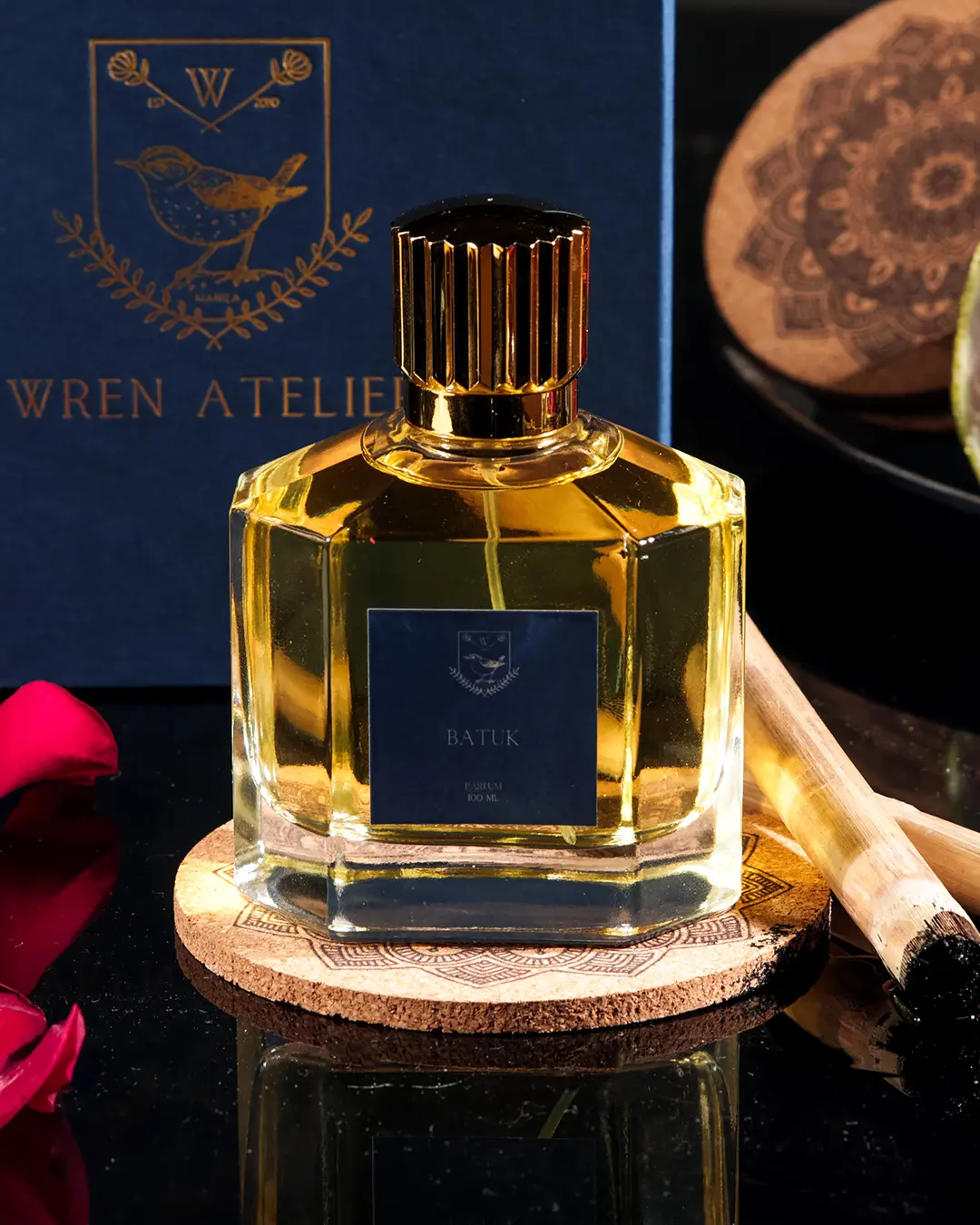
Courtesy of brand
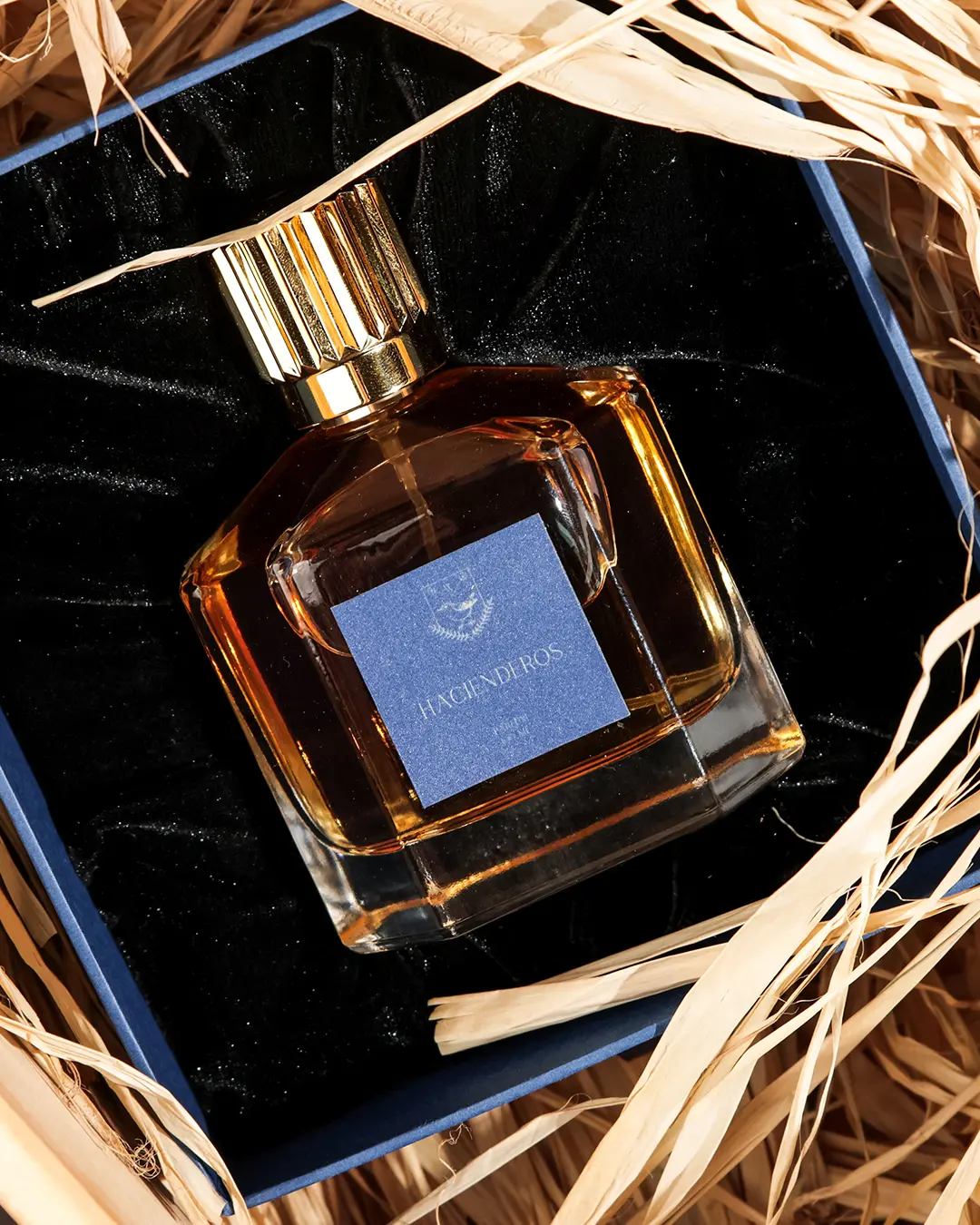
One of Wren Atelier’s most intriguing creations is Manila Oud. Imagine walking into a bustling church, the scent of sampaguita garlands mixing with the sweet aroma of banana cue from street vendors. That’s exactly what Manila Oud evokes. Inspired by the Philippines’ colonial history, it incorporates an incense note to symbolize the propagation of Catholicism. “Manila Oud is an oud fragrance designed for the Philippine weather and it contains a unique banana cue accord,” Lopena explains.
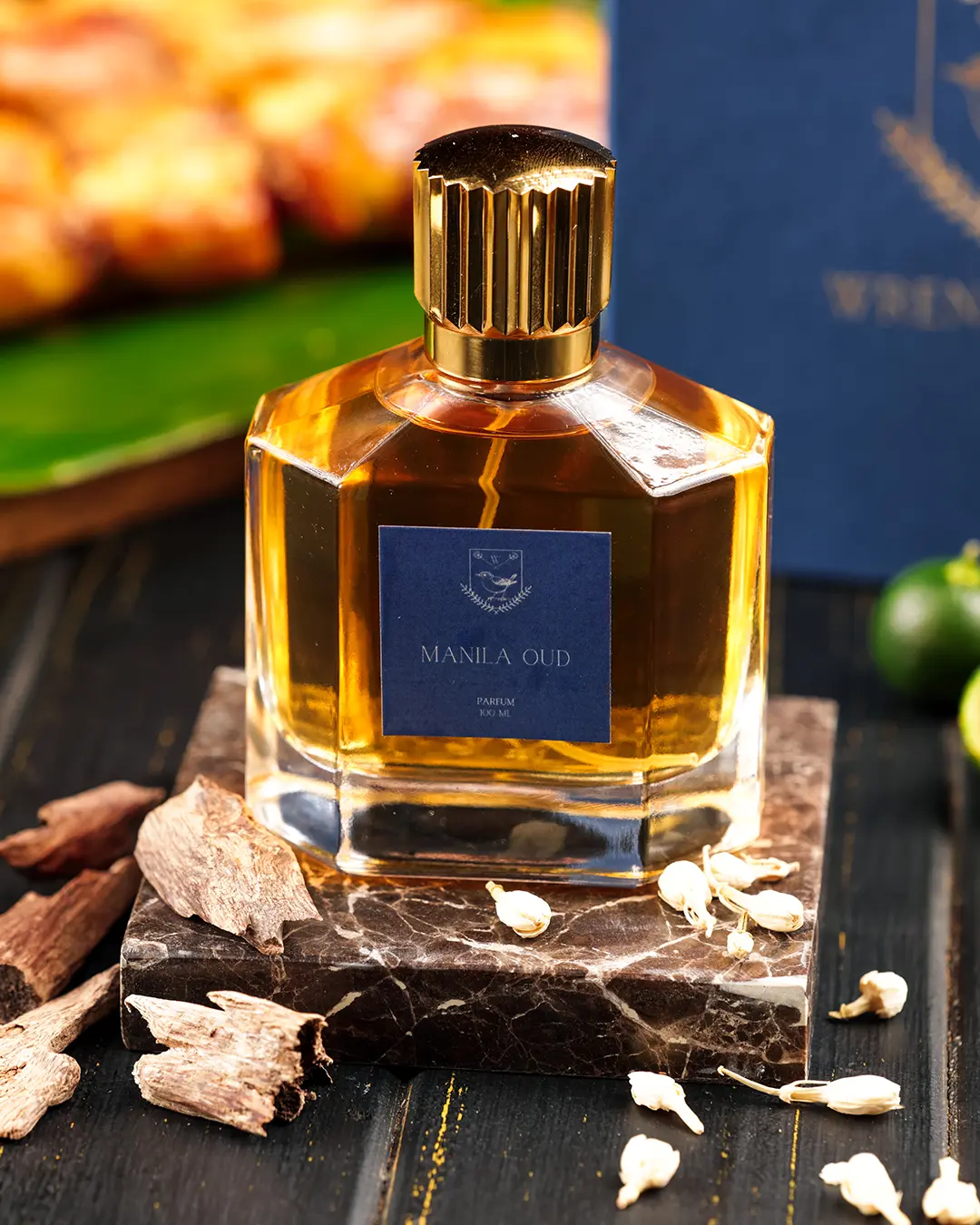
Other standout fragrances from Wren Atelier include Cerveza Rosa, a rose scent with a beer note inspired by Filipino festivities, and Valensole Romance, a gourmand fragrance that transports you to the lavender fields of Plateau of Valensole in France.
Lopena, who grew up in Pangasinan (hence the tupig reference), infuses his scents with nostalgia, drawing from his memories of family and home. As the first Filipino member of the 300-strong International Society of Perfumer-Creators based in France, he is optimistic about the future of Philippine perfumery. “Hopefully, local brands will be known around the world, and we’ll see more Filipino perfume exports,” he says.
Domus Emeterius
While Lopena draws inspiration from his childhood in the Philippines, Paul Prestado, the founder of Domus Emeterius, finds his muse in his decade-long stay in the Middle East.
Named after his late father, Domus Emeterius (House of Emeterio) showcases Prestado’s personal journey through scent. “I told my story and experience in the Middle East through two of my perfumes: White Oud and Black Oud,” he explains.
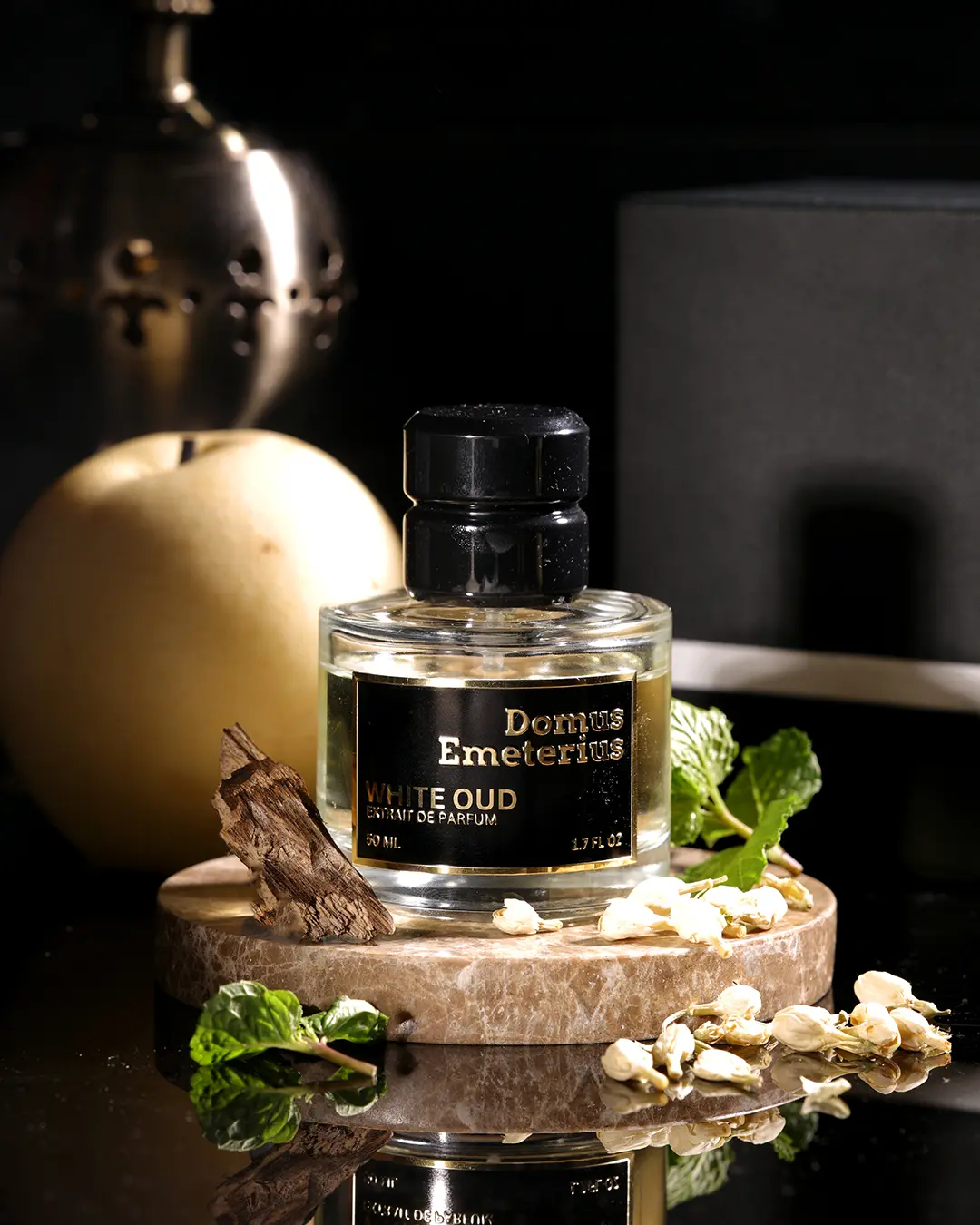
Courtesy of brand
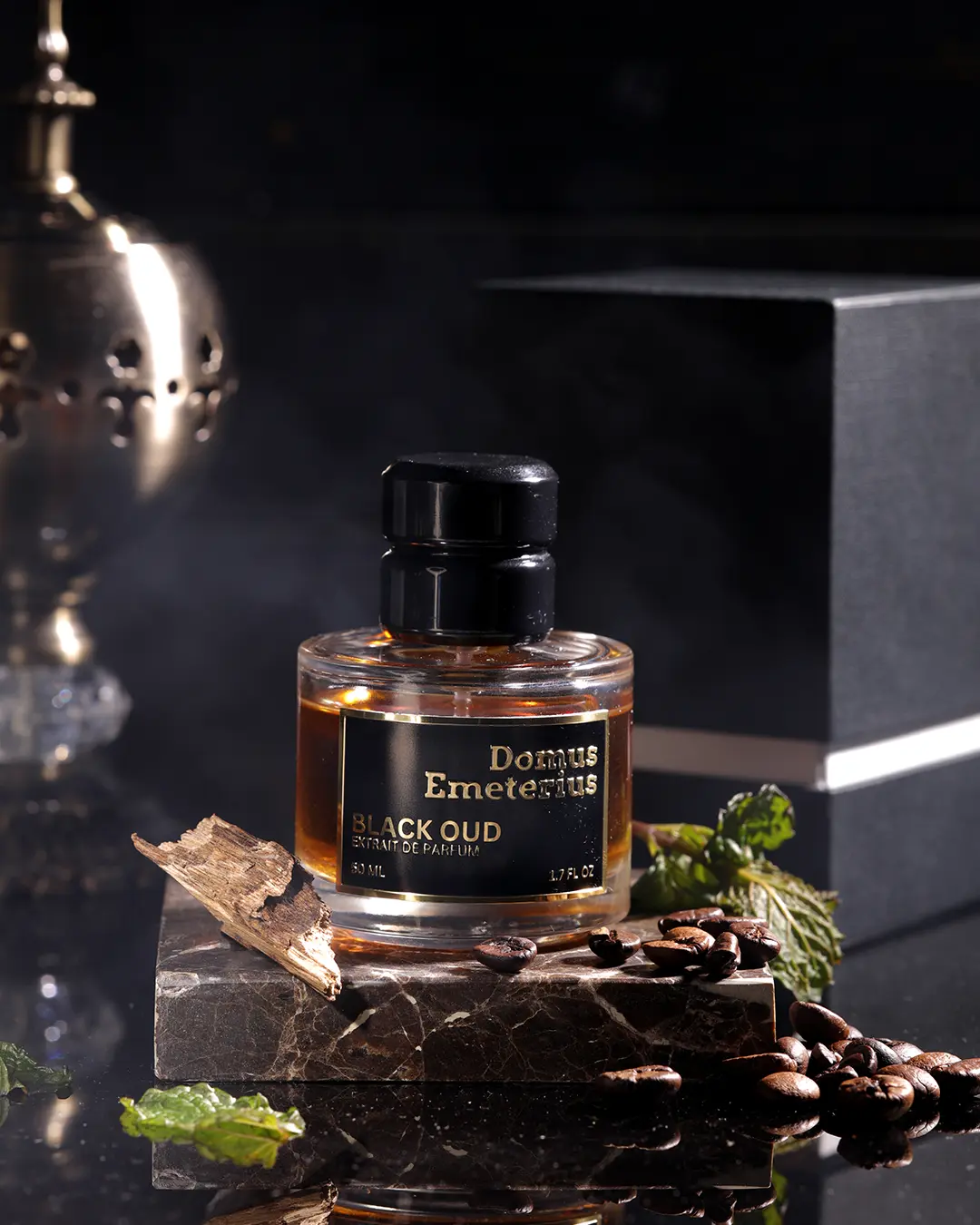
Like yin and yang, Black Oud is deep and mysterious, heavy on patchouli, incense, and oud. White Oud, on the other hand, leans playful and gourmand, blending patchouli, vanilla, white chocolate, and oud.
Although Middle Eastern influences are prominent in Domus Emeterius, the brand is also making strides toward Filipino-inspired creations. Its Daily Wear, a tropical scent centered around guyabano, is designed for everyday use in the Philippines’ humid climate. We all love fresh scents that work well with our weather, don’t we?
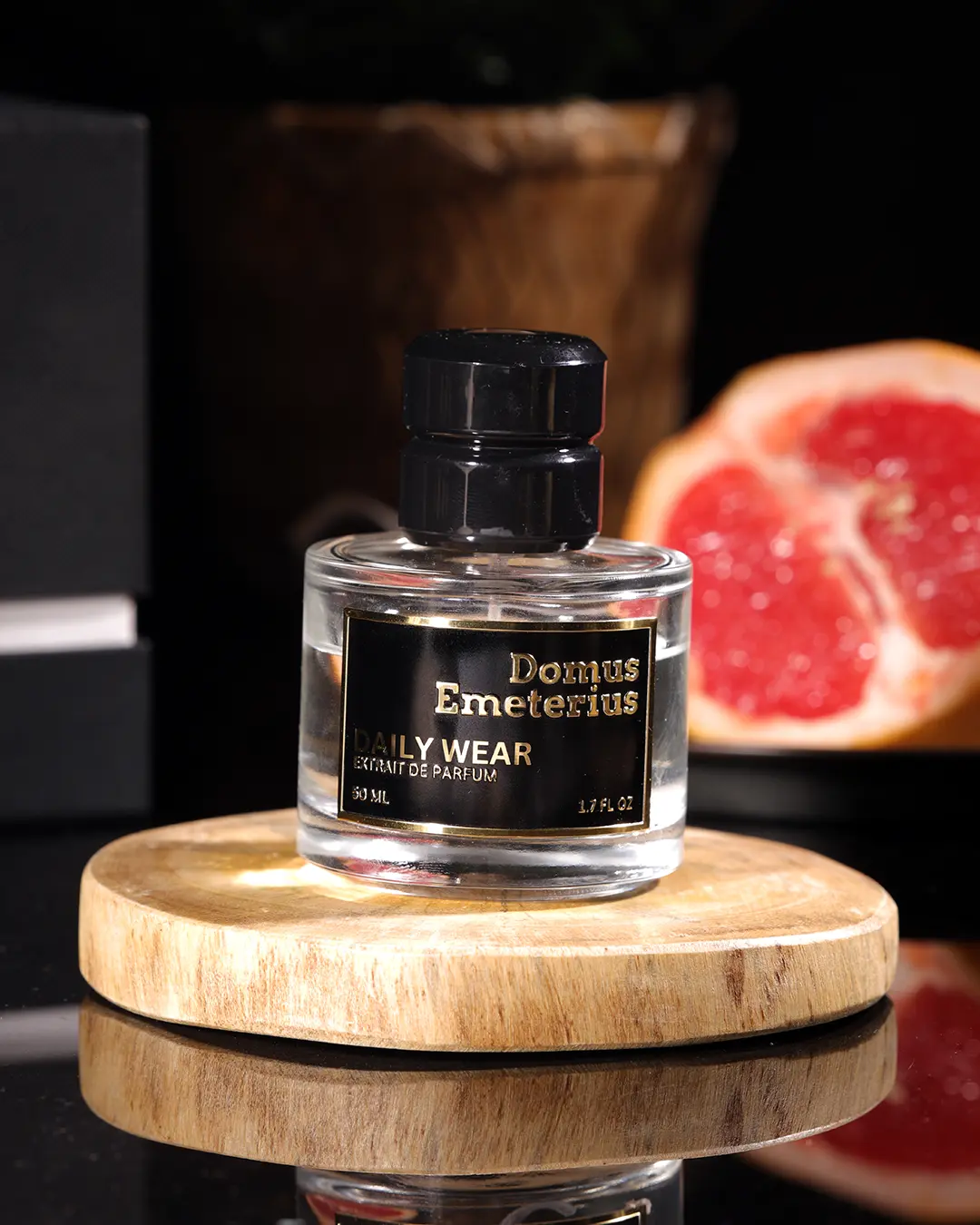
While Daily Wear is the brand’s only Filipino-inspired scent, Prestado has big plans. “For my next creations, I’m making a conscious effort to use local materials like calamansi and elemi and create perfumes inspired by our culture.”
However, as an aspiring perfumer in the Philippines, Prestado acknowledges the industry’s challenges. “First, we do not have a local perfumery school. But if you want to study abroad, say France, my understanding is that there is no national support for scholarships,” he laments.
Edro Manille
Edro Manille, owned by Pedro Almedina de Malaya III, is where personal stories and cultural inspirations collide. Take Milk and Mango, one of the first scents launched by the brand. It was inspired by a recent milestone in the owner’s friend’s life, describes Lopena, who also serves as the perfumer of the brand. “The said friend had her first born just recently [thus the milk note] and she was from Guimaras, where the best-tasting mangoes are from, thus the mango note,” he says. And so, Milk and Mango was born, blending creamy and fruity elements into a uniquely sentimental scent.
Edro Manille places just as much emphasis on aesthetics as it does on scent. “The creative direction mainly comes from Pedro,” Lopena says. This extends to the packaging—each bottle comes in a wooden box filled with wood shavings and a perfume cloth, making every purchase feel like an intimate, curated experience.
The brand’s storytelling continues with its floral-centered fragrances. Des Roses, a bold and powerful rose scent, is inspired by strong, independent women. Meanwhile, Gardenias takes a more delicate approach, embodying the carefree, spontaneous spirit of those who embrace life’s little joys. Two different scents, two different moods but both celebrate the beauty of femininity in their own way.
With its artistic presentation and evocative scents, Edro Manille proves that Filipino perfumery is just as refined and meaningful as its international counterparts.
The future of Filipino perfumery
Wren Atelier, Domus Emeterius, and Edro Manille each tell a unique story, but together, they represent the evolving identity of Filipino perfumery—one that is deeply personal, culturally rich, and artistically bold. Through their craft, they challenge outdated notions about local fragrances, proving that Filipino perfumes can be just as complex, luxurious, and globally competitive as their international counterparts.
While the industry still faces challenges—limited access to perfumery education, a market still warming up to high-end local scents, and a lack of widespread recognition—these brands are paving the way for a new era. They are redefining what it means to wear a Filipino fragrance, offering scents that do more than just smell good—they tell stories, preserve heritage, and evoke emotions that transcend borders.
As more Filipino perfumers carve their own paths and push the boundaries of scent artistry, perhaps one day, a bottle of locally-crafted perfume will be just as coveted as our famed dried mangoes. As they continue to grow, these brands are showing that scent, much like our identity, is something to be embraced and shared with the world.
You might also like
To provide a customized ad experience, we need to know if you are of legal age in your region.
By making a selection, you agree to our Terms & Conditions.
